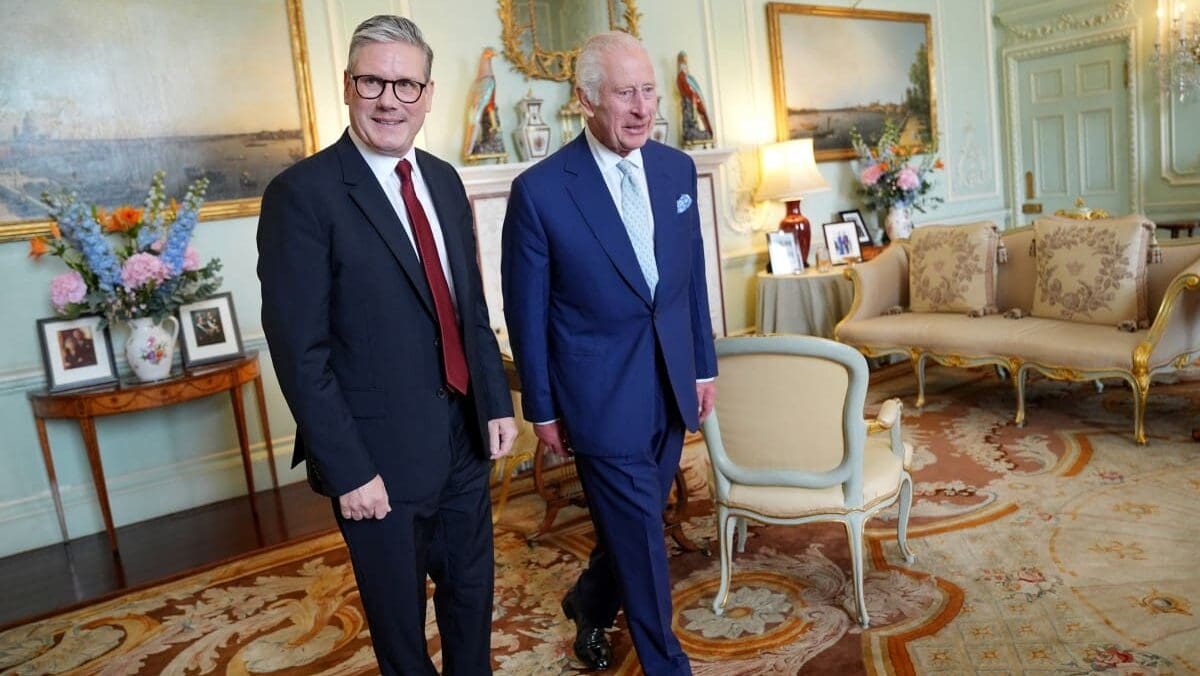Bickering within the Conservative Party, as well as the media’s giddiness about the new government, means Labour has been given a fairly free hand to introduce radical policies without the fear of serious scrutiny.
Against this backdrop, Sir Keir Starmer’s administration is expected to pack 35 bills into the King’s Speech—the ceremonial address in which the monarch reads a speech written by the government, setting out its main objectives over the next parliamentary term—tomorrow, on July 17th.
Here are some of the expected highlights:
- Giving 16 and 17-year-old children the right to vote. This bill has long been in the works and is designed—by Labour’s own admission—to help keep conservative politicians out of office.
- Shifting more power out of Parliament. Labour has already begun tearing up the constitution and is likely to use the King’s Speech to double down on its plans for a “new devolution revolution,” removing more powers from Parliament.
- Banning trans conversion therapy… despite fears this could criminalise legitimate conversations between parents and their children.
- Empowering authorities to treat people-smugglers like terrorists. This measure is designed to help stop illegal Channel crossings, although experts warn that this won’t work.
- Reforming the House of Lords. Further unnecessary constitutional wrangling will see the rights of remaining hereditary peers to sit and vote removed and will introduce a mandatory retirement age of 80.
- Creating a new publicly owned energy company, GB Energy… which the government claims will help the government establish a UK electricity system fully based on ‘clean power’ by 2030. Labour has already fast-tracked Britain’s biggest solar farm on green land, prompting outcry from environmentalists, farmers, and rural communities and raising concerns about the nation’s food security.
The address should also point to plans to nationalise the railways within five years, build 1.5 million new homes, and to resurrect former prime minister Rishi Sunak’s smoking ban.
And all this after the established elements of the ‘Right’ dismissed Starmer’s Labour as directionless.

